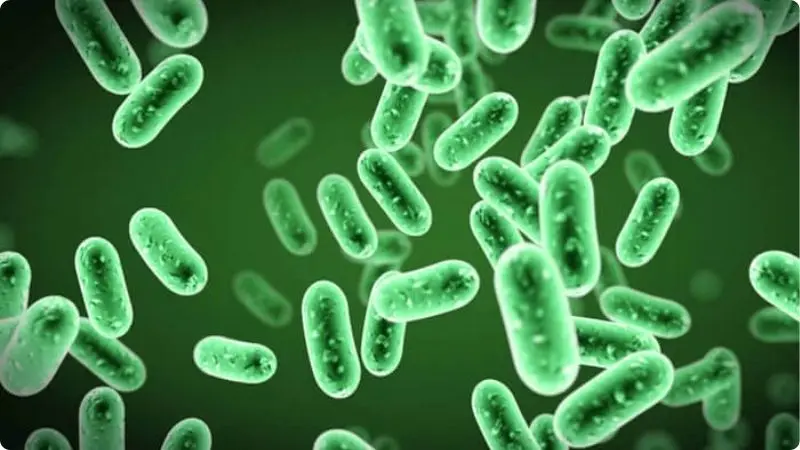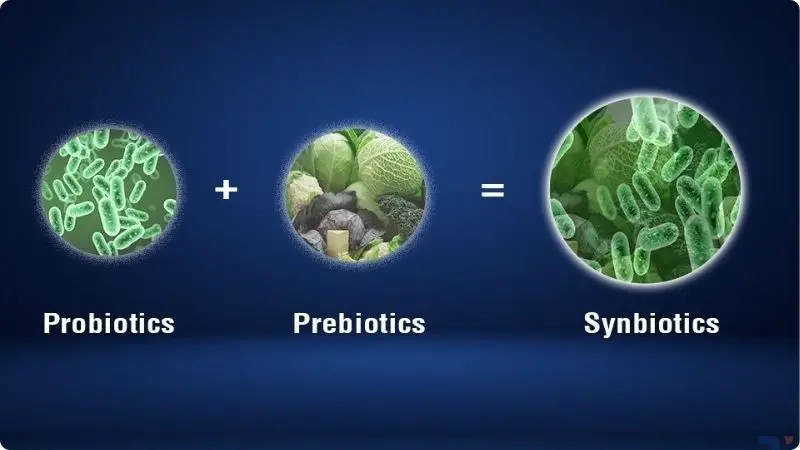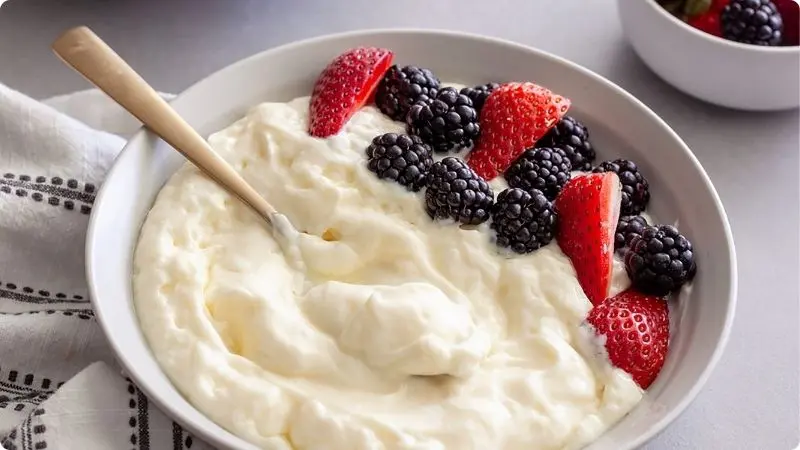
Maintaining a healthy gut is crucial for overall well-being, and two key players in this process are probiotics and prebiotics. While their names may sound similar, these components have distinct roles in promoting gut health. In this article, we delve into the differences between probiotics and prebiotics, their sources, benefits, and how they work synergistically to support digestive and overall health.
What Are Probiotics?
Probiotics are live microorganisms, often referred to as "good" bacteria, that contribute to the balance of the gut microbiota. They are found naturally in certain foods and are also available as dietary supplements. These beneficial bacteria help improve or restore the gut flora, which plays a critical role in digestion, immunity, and even mental health.
You can get probiotics from:
- Yogurt: High-quality yogurt with live cultures is one of the most popular probiotic foods.
- Fermented foods: Sauerkraut, kimchi, and kombucha are probiotic powerhouses.
- Cheese: Some cheeses, like Gouda, are sources of probiotics.
There are many different forms of probiotic supplements, including capsules, powders, and liquids. It's important to note that supplements are not all of the same quality. Their effectiveness depends on the strain of bacteria, concentration, and the ability to survive the acidic environment of the stomach.

What Are Probiotics
What Are Prebiotics?
These non-digestible fibers are essential for nourishing the good bacteria in your gut. By feeding the beneficial bacteria in the gut, prebiotics help maintain a healthy balance of microorganisms. Unlike probiotics, prebiotics are not living organisms but are found in many high-fiber foods.
Prebiotics are abundant in a wide range of plant-based foods, including:
- Fruits and vegetables: Bananas, berries, garlic, onions, and asparagus are rich in prebiotics.
- Whole grains: Oats and barley provide ample prebiotic fiber.
- Legumes: Prebiotics are abundant in beans, lentils, and peas.
Prebiotics are essential for promoting the growth of probiotics and enhancing their effectiveness. Together, they create an ideal environment for gut health.
Probiotics and Prebiotics: Complementary Roles
Probiotics and prebiotics have complementary functions that make them indispensable for gut health. Probiotics introduce beneficial bacteria into the gut, while prebiotics serve as nourishment for these bacteria, ensuring their survival and efficacy. This synergy supports a balanced gut microbiome, which is integral to multiple aspects of health.
How They Work Together:
- Creating a Favorable Environment: Prebiotics provide the essential fuel that probiotics need to grow and multiply, enhancing the overall bacterial diversity in the gut.
- Restoring Balance: After disruptions such as antibiotic use or poor diet, the combination of probiotics and prebiotics helps re-establish a healthy gut environment.
- Enhancing Functionality: Together, they optimize the production of short-chain fatty acids, such as butyrate, which improve colon health and reduce inflammation.
Key Benefits:
- Improved Digestion: Probiotics enhance nutrient absorption and aid in breaking down complex foods, while prebiotics fuel the bacteria that assist in these processes.
- Stronger Immune System: A healthy gut microbiome can strengthen the immune response and protect against infections.
- Mental Health Support: Emerging research suggests that probiotics can alleviate symptoms of anxiety and depression, highlighting the gut-brain connection.
- Reduced Inflammation: Both probiotics and prebiotics contribute to reducing inflammation in the digestive tract, potentially lowering the risk of chronic diseases.
- Weight Management: Studies have linked a balanced gut microbiota to improved weight regulation and reduced obesity risk.

Probiotics and Prebiotics: Complementary Roles
The Gut Microbiome's Impact on Overall Health
Trillions of microorganisms, including bacteria, fungi, and viruses, make up the gut microbiome. These microorganisms are responsible for the production of vital compounds, including vitamin K and short-chain fatty acids. Butyrate is particularly beneficial as it nourishes the cells lining the colon, strengthens the gut barrier, and reduces inflammation.
However, poor dietary habits, antibiotics, and exposure to pesticides can disrupt the gut microbiome. This imbalance can lead to health issues such as insulin resistance, obesity, and weakened immunity. Incorporating probiotics and prebiotics into your diet can help restore this balance.
Gut-health Boosting Foods with Probiotics and Prebiotics
Including foods that naturally combine both probiotics and prebiotics in your diet can offer synergistic benefits for gut health. These foods act as synbiotics, meaning they provide the live beneficial bacteria (probiotics) and the nutrients (prebiotics) necessary to nourish them, promoting a balanced microbiome and improved digestive function. Below are some examples of these powerful foods:
- Yogurt with Inulin or Fruit Additions
Yogurt is a common dietary source of probiotics, containing live cultures like Lactobacillus and Bifidobacterium. When paired with fruits like bananas or berries (rich in inulin and other prebiotic fibers), it forms a perfect synbiotic combination.
- Kefir with Oats
Kefir is a fermented dairy drink teeming with beneficial bacteria. Adding oats, which are rich in beta-glucan and other fermentable fibers, enhances the prebiotic content, further supporting gut bacteria.
- Kimchi with Garlic
Kimchi, a traditional Korean fermented vegetable dish, contains probiotics such as Lactobacillus kimchii. Including garlic, a natural prebiotic, boosts its gut-health benefits.
- Whole-grain bread and sauerkraut pairing
Probiotics abound in sauerkraut. Consuming it with whole-grain bread, rich in resistant starch and dietary fiber, forms a prebiotic-probiotic powerhouse.
- Miso Soup with Seaweed
Miso contains beneficial bacteria that support gut flora. Seaweed, high in soluble fiber, acts as a prebiotic, enhancing the effectiveness of the probiotics in miso.
- Cheese with Flaxseeds
Certain aged cheeses like Gouda or cheddar are sources of probiotics. Pairing these with flaxseeds, which provide prebiotic lignans and fiber, amplifies their gut-health potential.

Yogurt is a well-known probiotic source
Risk-benefit assessment
Probiotics and prebiotics are generally well-tolerated by most people. Side effects, if any, are usually mild and include bloating or gas. However, people with compromised immune systems or specific medical conditions should consult a healthcare professional before taking supplements.
Choosing the Right Supplements
When choosing probiotic or prebiotic supplements, take into account:
- Strain Specificity: Different strains of probiotics provide specific health advantages.
- Dosage: Ensure the supplement contains an adequate concentration of live bacteria.
- Packaging: Look for products that protect the bacteria from moisture and heat.
Conclusion
Understanding the difference between probiotics and prebiotics is essential for optimizing gut health. Probiotics introduce beneficial bacteria, while prebiotics provide the sustenance these bacteria need. Together, they create a powerful synergy that promotes digestion, strengthens immunity, and supports overall well-being. By incorporating foods rich in probiotics and prebiotics into your diet, you can take a significant step towards a healthier gut and a healthier you.
Related Articles
Probiotics: Understanding Their Definition, Benefits, and Role in Digestive Health
In the world of health and wellness, probiotics have gained significant attention as a solution for ...
The Importance of Shrimp Nurseries in Modern Aquaculture
Shrimp nurseries play a vital role in advancing the shrimp farming industry. Properly designed and ...
Optimizing Pond Circulation for a Healthy and Vibrant Ecosystem
Pond circulation is a critical aspect of maintaining a clean, healthy, and balanced pond ecosystem. ...
Pond Preparation: A Comprehensive Guide to Optimizing Your Aquaculture System
Pond preparation represents the foundation of successful aquaculture operations, serving as the ...
Designing Your Dream Pond: How to Design the Perfect Pond for Your Landscape
Ponds serve as captivating features in any landscape, offering both aesthetic appeal and functional ...
Understanding Pond Water Color: Indicators, Causes, and Solutions
The color of pond water is not merely aesthetic but serves as a vital indicator of water quality and ...






